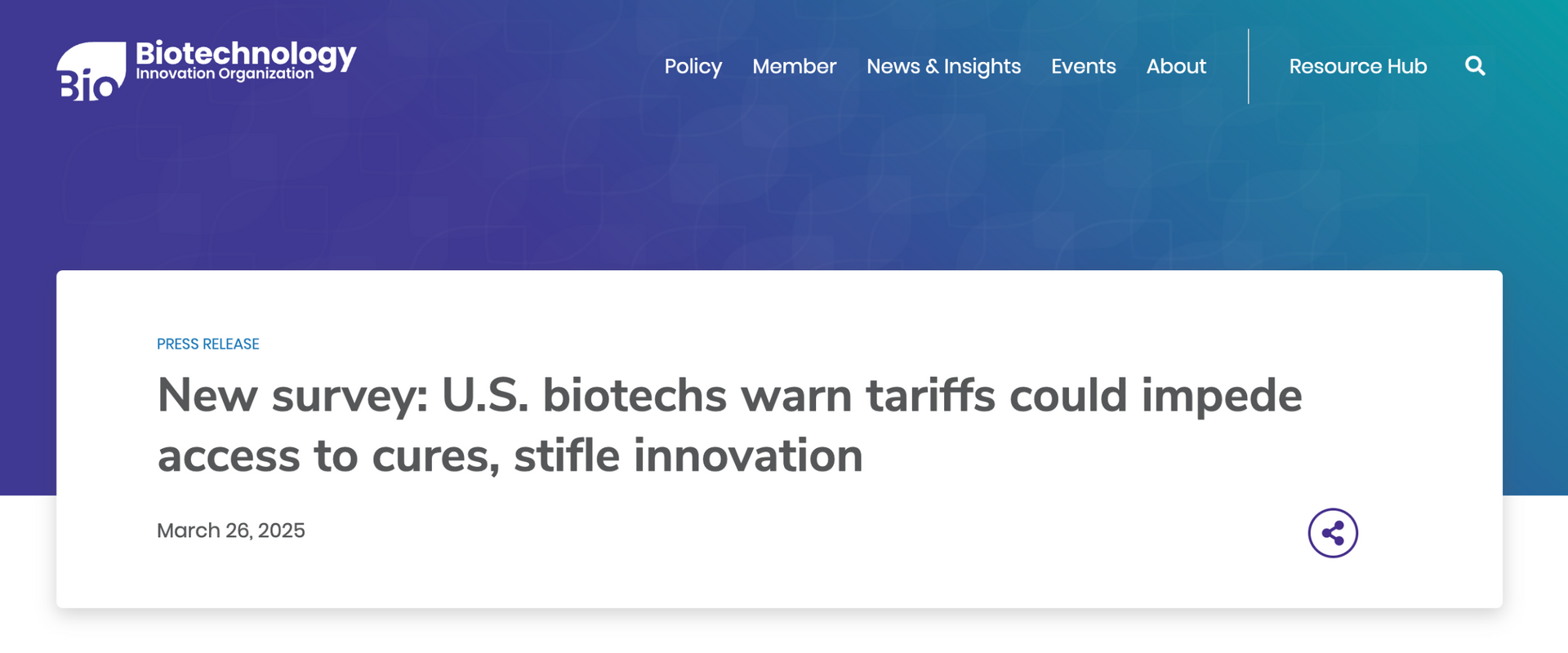Michigan Forms Rare Disease Council to Amplify Patient Voices Statewide
Michigan Launches Rare Disease Advisory Council

he Michigan Department of Health & Human Services has made appointments to a newly constituted Rare Disease Advisory Council. A rare disease is a condition that affects fewer than 200,000 people in the United States. There are more than 7,000 known rare diseases and almost 1 in 10 Michiganders suffer from a rare disorder.
The MI-RDAC will serve as an advisory body that provides Michigan’s rare disease community with a stronger voice in state government. Nationwide, 29 states have established RDACs, with others in various stages of the process. The responsibilities of the MI-RDAC include 1) providing information about rare diseases, and 2) in collaboration with MDHHS, investigating and reporting to the state legislature about rare diseases, unmet needs and other challenges accessing appropriate care and treatments. Meetings will be held quarterly, with virtual access available.
MichBio received an appointment to the 18-member MI-RDAC – see the roster of members here – a diverse set of stakeholders with backgrounds of relevance to the rare disease community. An inaugural meeting took place in early October 2024 and the RDAC plans to meet at least quarterly to develop its mission and goals.
The passage of HB 4167 with substitute language by the Michigan Senate would ensconce the MI-RDAC by statute. The bill is pending a final vote.
RECENT ARTICLES




